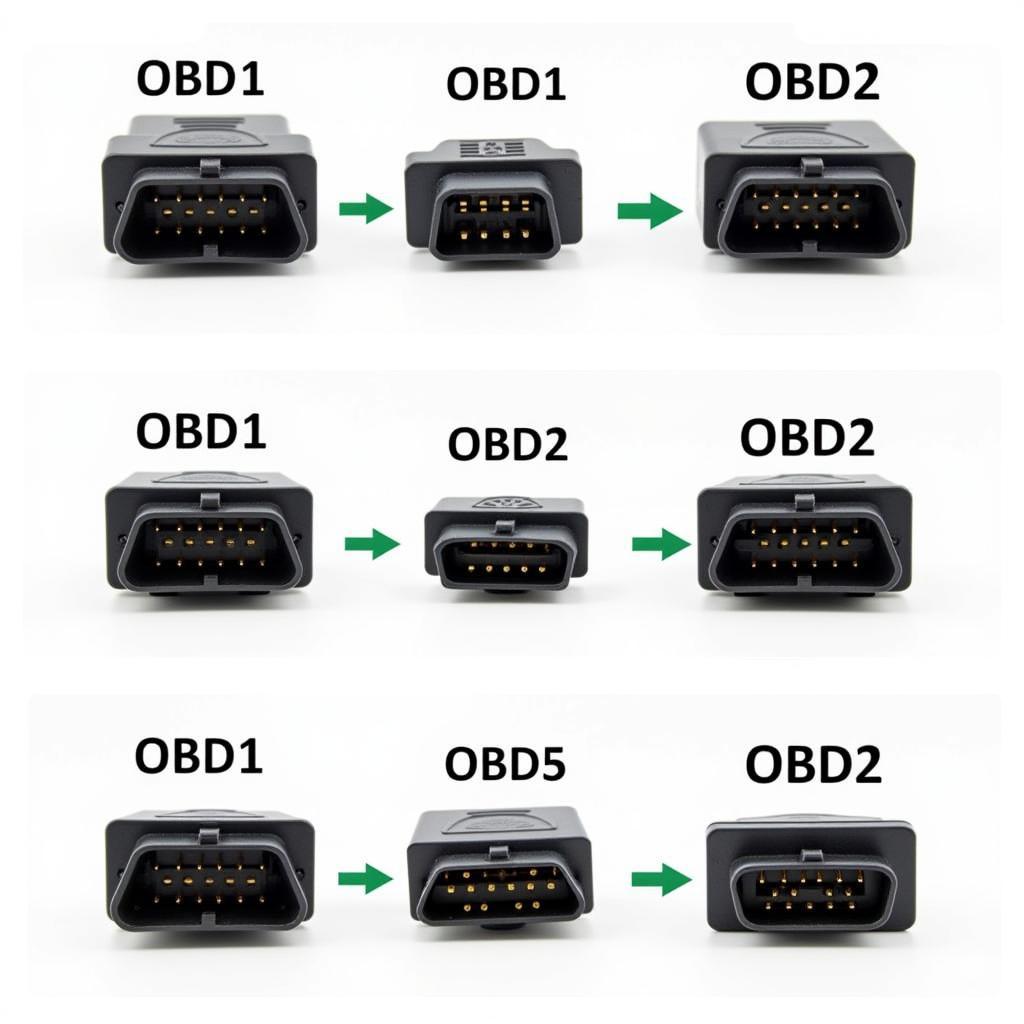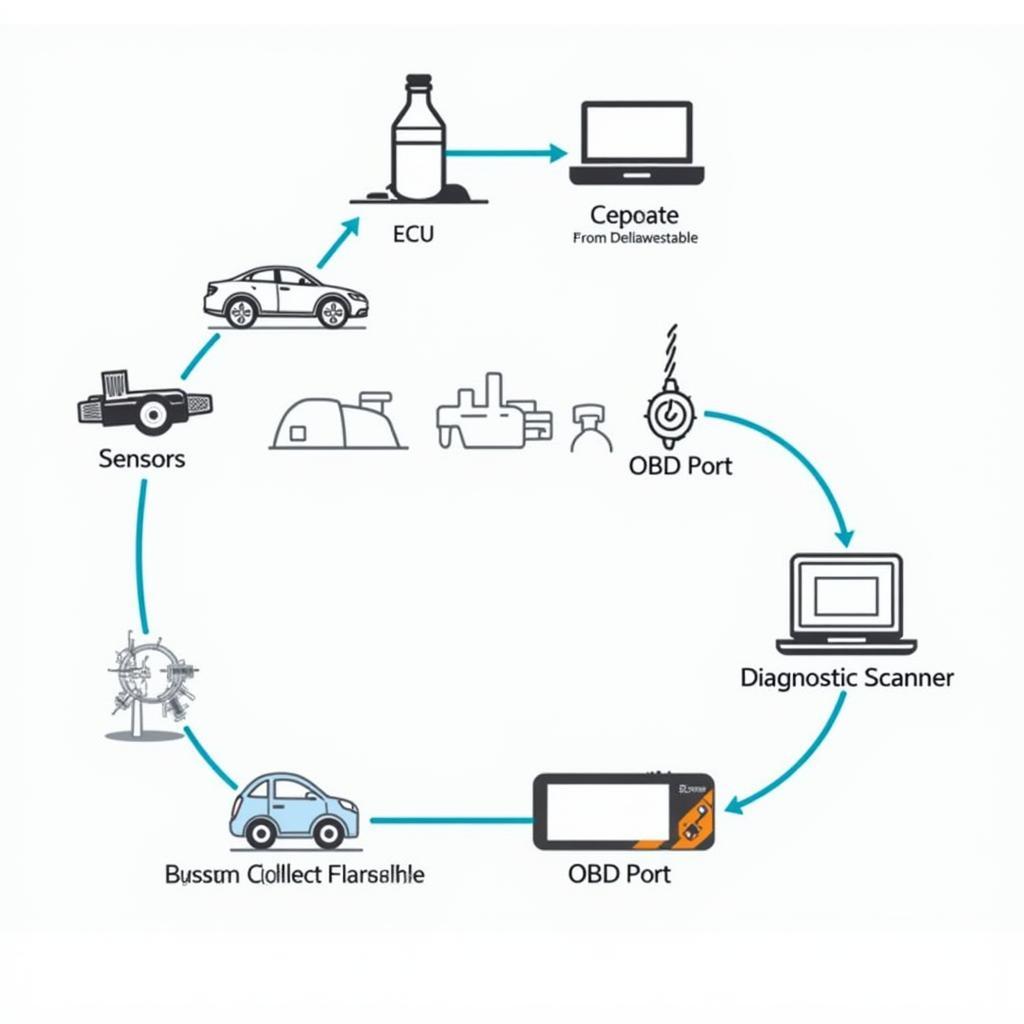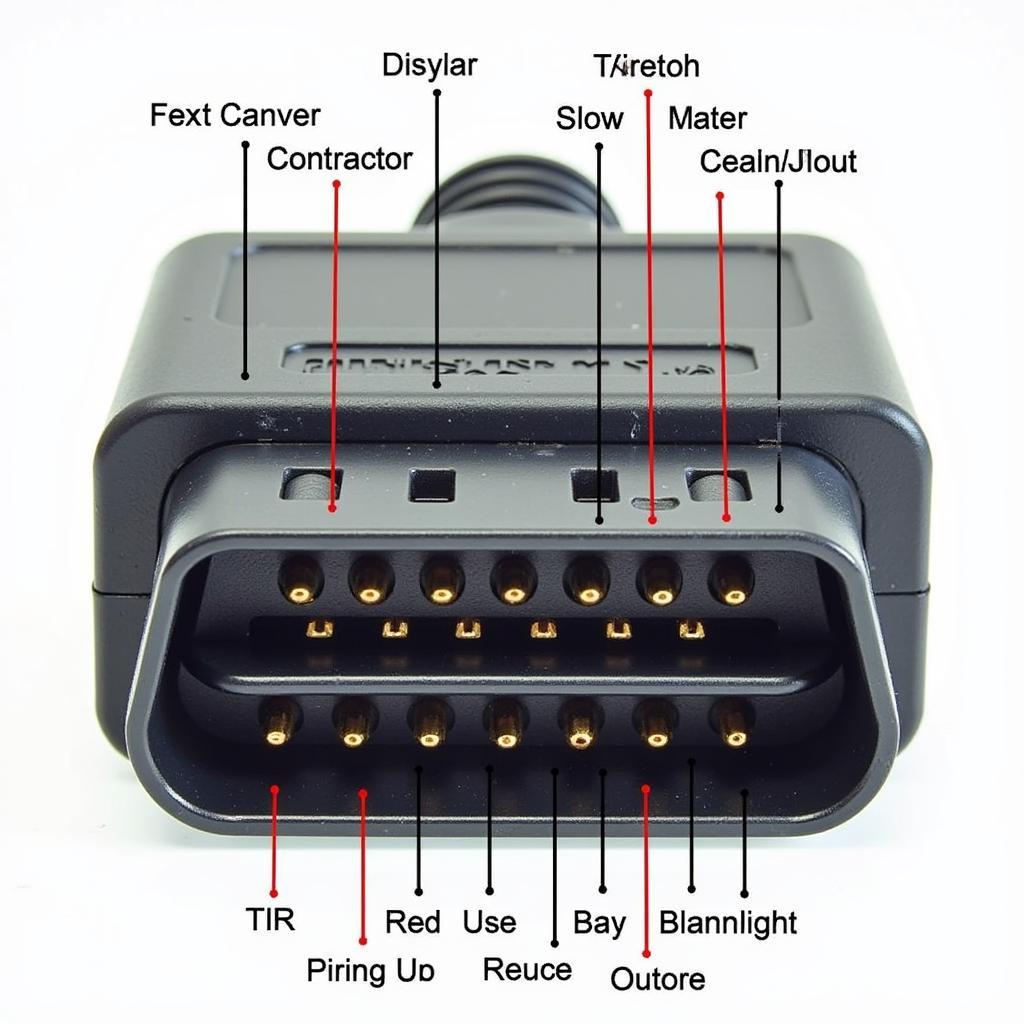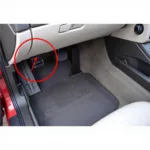The evolution of car technology brought about the On-Board Diagnostics (OBD) system, allowing mechanics and car owners to understand their vehicles better. This system utilizes a port, commonly known as the OBD plug, to access valuable diagnostic information. While the term “OBD plug” might be used generally, a significant distinction exists between the initial OBD systems and the widely recognized OBD2 standard. This article delves into the critical differences between OBD plug and OBD2, explaining their impact on vehicle diagnostics and your experience as a car owner.
Deciphering the OBD System: A Foundation
Before exploring the nuances of OBD plug vs. OBD2, it’s crucial to understand the OBD system’s fundamental role in modern vehicles. The OBD system acts as your car’s self-diagnostic and reporting system, constantly monitoring various components and functions. When a problem arises, the OBD system stores a corresponding code within its memory, indicating the nature of the issue. These codes, known as Diagnostic Trouble Codes (DTCs), are valuable for mechanics and car owners alike, offering insights into potential problems.
OBD Plug: The Early Iteration
The introduction of the OBD system marked a significant leap in automotive technology. However, these early versions, often referred to as OBD1, had limitations. Manufacturers had their own proprietary connectors and protocols, leading to compatibility issues. Imagine taking your car to a mechanic only to discover their diagnostic tool doesn’t fit your car’s OBD plug! This lack of standardization made diagnosing and repairing vehicles complex and time-consuming.
The OBD2 Revolution: Standardization and Enhanced Diagnostics
Recognizing the need for uniformity and improved diagnostics, the automotive industry transitioned to OBD2 in the mid-1990s. OBD2 brought several key changes:
- Standardized Connector: A universal 16-pin connector replaced the various connectors used in OBD1 systems. This standardization meant any OBD2 compliant scanner could connect to any OBD2 compliant vehicle, simplifying diagnostics.
- Universal Diagnostic Trouble Codes (DTCs): OBD2 introduced a standardized set of DTCs, providing a common language for identifying vehicle issues. This uniformity made it easier for mechanics to understand and address problems, regardless of the vehicle’s make or model.
- Expanded Monitoring Capabilities: OBD2 expanded the range of systems and components monitored by the OBD system. This expansion allowed for more comprehensive diagnostics and improved emission control monitoring.
Key Differences: OBD Plug vs. OBD2
| Feature | OBD Plug (OBD1) | OBD2 |
|---|---|---|
| Connector Type | Manufacturer-specific | Standardized 16-pin |
| Diagnostic Trouble Codes (DTCs) | Manufacturer-specific | Standardized |
| Monitoring Capabilities | Limited | Extensive |
| Standardization | No | Yes |
| Year of Introduction | Early 1990s | Mid-1990s onwards |



Why Understanding the Difference Matters
Knowing the difference between OBD plug and OBD2 is crucial for several reasons:
- Choosing the Right Diagnostic Tool: If you’re looking to purchase an OBD scanner, ensure it’s OBD2 compliant to ensure compatibility with your vehicle.
- Interpreting Diagnostic Trouble Codes: Understanding the difference in DTCs helps you accurately research and interpret any codes retrieved from your vehicle.
- Effective Communication with Mechanics: Using the correct terminology when discussing car issues with mechanics ensures clear communication and helps them diagnose problems efficiently.
Conclusion
The evolution from early OBD plugs to the standardized OBD2 system has revolutionized vehicle diagnostics. While the term “OBD plug” might be used generically, it’s crucial to understand the distinctions between OBD1 and OBD2. OBD2’s standardized connector, universal DTCs, and expanded monitoring capabilities have simplified diagnostics and improved vehicle maintenance for car owners and mechanics. As technology advances, staying informed about these systems ensures you can maximize your car’s performance and longevity.
Need help with your car’s diagnostics? Contact our team of experts via WhatsApp: +1(641)206-8880, or Email: [email protected]. We offer 24/7 support to keep you moving.

